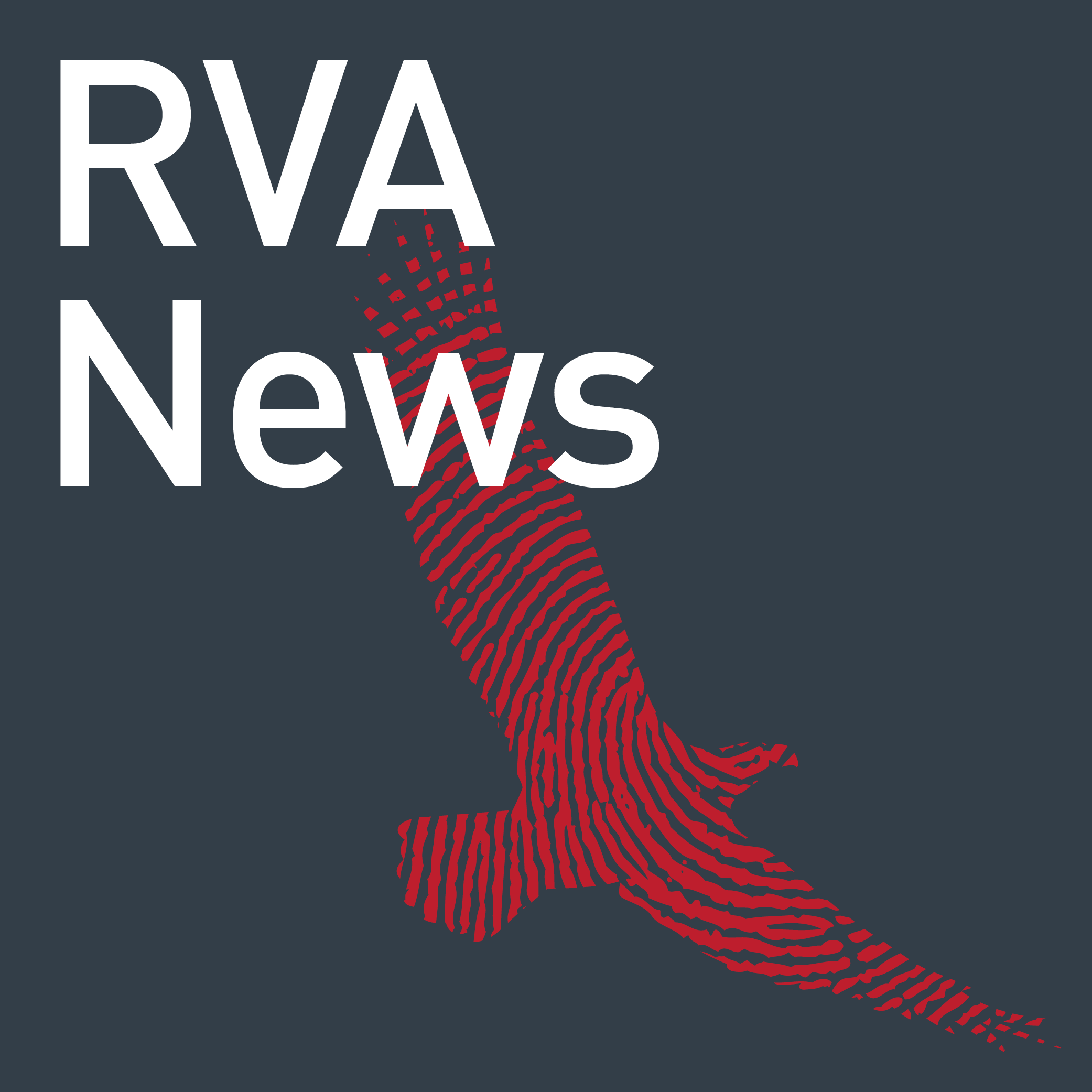
Rare Voices Australia (RVA) attended the Human Genetics Society of Australasia’s (HGSA) 40th Annual Scientific Meeting in Hobart. The theme was ‘Integrating Genomics into Healthcare’ and there was certainly a ‘genomics’ buzz throughout the conference. There was also an important focus on rare disease registries. The HGSA conference program included a plenary session on the ‘Development and Establishment of Rare Disease Registries in Australasia’ which was run in collaboration with RVA and the Human Variome Project. RVA also facilitated a post conference Rare Disease Registry Workshop. Thank you to RVA’s Scientific and Medical Advisory Committee for their key role in developing and delivering these sessions. Here is an excerpt from the rationale presented to the HGSA by SMAC Chair Prof Alan Bittles:
“…The establishment of interactive National disease registries for specific disorders will facilitate more accurate and reproducible disease estimates, improved and accelerated disease diagnoses, and treatments that are notably more cost-effective. Access to comprehensive RD registries also will be of major importance in the identification of affected people resident in different States and Territories of Australia, and in New Zealand, thereby allowing the efficient design and testing of customized drug therapies for individual rare diseases.”
The plenary session included presentations from Prof John McNeil, A/Prof Yvonne Zurynski, Prof Adam Jaffe, Prof Matthew Bellgard, Prof Ingrid Winship and Prof Vince Harley.
The Rare Disease Registry Workshop was opened by RVA Executive Officer, Nicole Millis, who spoke about RVA, the RVA roadshow, the RVA Rare Disease Summit and Communique leading to the importance of data collection and registries.
The focus of the workshop was to visit eight short papers that talked to a range of issues concerning rare disease registries as well as exploring the benefits of a rare disease registry in Australia to people diagnosed with a rare disease. In preparation for their talks, the presenters were asked to consider/include the following:
• What are some of the challenges?
• How may we overcome such challenges?
• How can we ensure sustainability and ultimately bring benefit to all rare disease stakeholders but particularly the rare disease patients?
Thank you to all workshop speakers: Prof Alan Bittles (Perth), Prof Adam Jaffe (Syd), Prof John McNeil (Melb) A/Prof Robyn Wallace (Hob), Mr Scott Muirden (Syd), Prof Matthew Bellgard (Perth), Dr Paul Lacaze (Melb) and A/Prof Clara Gaff (Melb)
The benefits of a National Rare Disease Registry seems to be clear and from feedback collected by RVA, all of the various stakeholders, including Government, agree to the concept in theory. The dialogue seems to always fall down when discussion turns to the challenges of governance, platforms, implementation and sustainability – issues around who owns the data, how will it be shared, who will enter the data, maintain the registry, how will it be funded and many more questions.
It was acknowledged that the challenges were indeed difficult, however, participants were urged to not be deterred by this, and if necessary think outside the square and the existing structures. Focus on what we could do collectively, and where we could come together rather than simply focus on what was difficult or what could not be done. Participants were encouraged to consider patient-centred approaches and remain solution-focused.
There was active discussion from a range of stakeholder perspectives and a commitment to a patient-centred and collaborative approach. While at times the task seemed too challenging, participants persisted, determined to come away with some clear action items.
1. Review existing Australian principles for clinical registries and customise for rare disease.
2. Conduct an audit of all existing Australian rare disease registries, showing scope, purpose etc. This will be a very useful information seeking exercise but also potentially show areas of duplication and highlight opportunities for collaboration and improved efficiency.
This work will be driven by RVA’s Scientific & Medical Advisory Committee (SMAC) who will outline next steps and work plan.

